15 of the most amusing Welsh language proverbs – and their meanings

Wales’ literary tradition stretches back over a thousand years, and may well have their roots in the wisdom of the ancient druidic schools.
Now a collection of these old proverbs alongside an English translation has hit the book shops.
Y Diarhebion Casgliad o Ddiarhebion Cyfoes / A Compendium of Contemporary Welsh Proverbs is an attempt to distil a colourful collection of sayings that speak to us today by conveying the figurative gist of the Welsh proverb.
Author D. Geraint Lewis says: “This volume aims to showcase some of the beautiful sayings from the thousands of Welsh proverbs, proverbs that still exist today in our bilingual Wales.”
You can read a review here – but meanwhile we looked at some of the most amusing proverbs and their translations in English.

Gwell tŷ gwag na thenant gwael
Better an empty house than a poor tenant. This may seem like good advice for landlords – but is actually a proverb about farting.
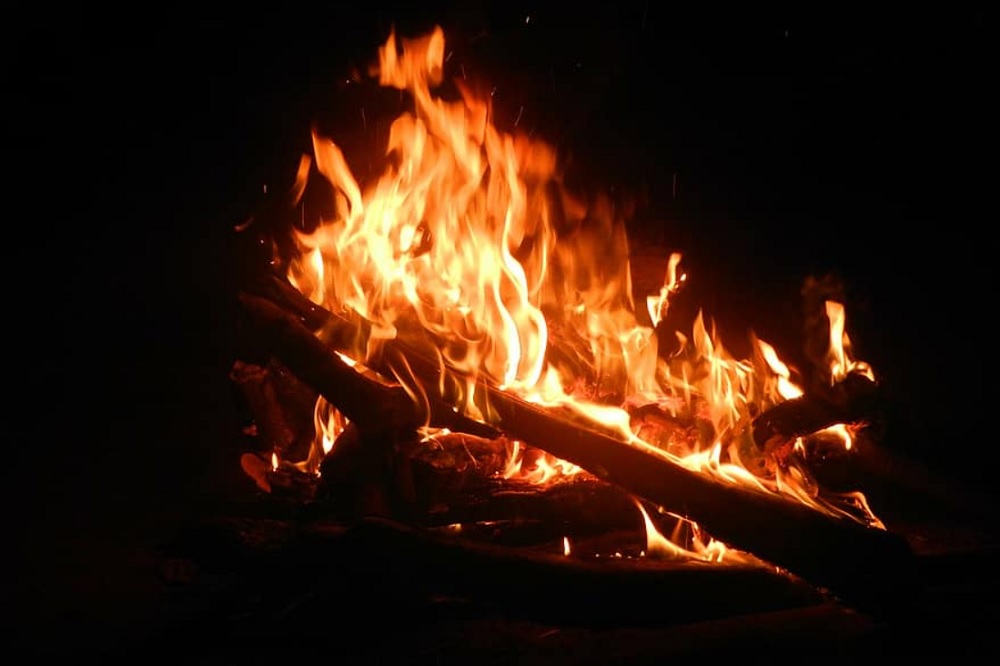
Hawdd cynnau tân ar hen aelwyd
It’s easier to rekindle a fire on an old hearth. One of the most widely use Welsh proverbs, this is often employed when two people who used to go out together shack up again, but has a wider number of meanings.
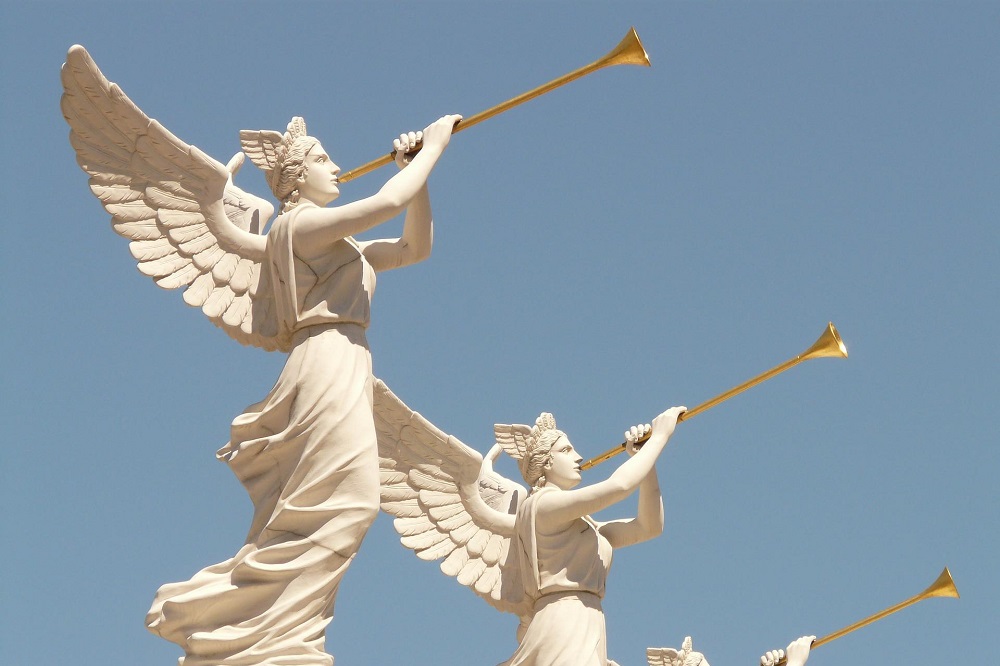
Utgorn angau, peswch sych
Death’s clarion call, a dry cough. Deliciously morbid but also unfortunately and chillingly timely.

Does dim ateb call i sylw twp
There’s no intelligent answer to a stupid question. Something many on social media could keep in mind.
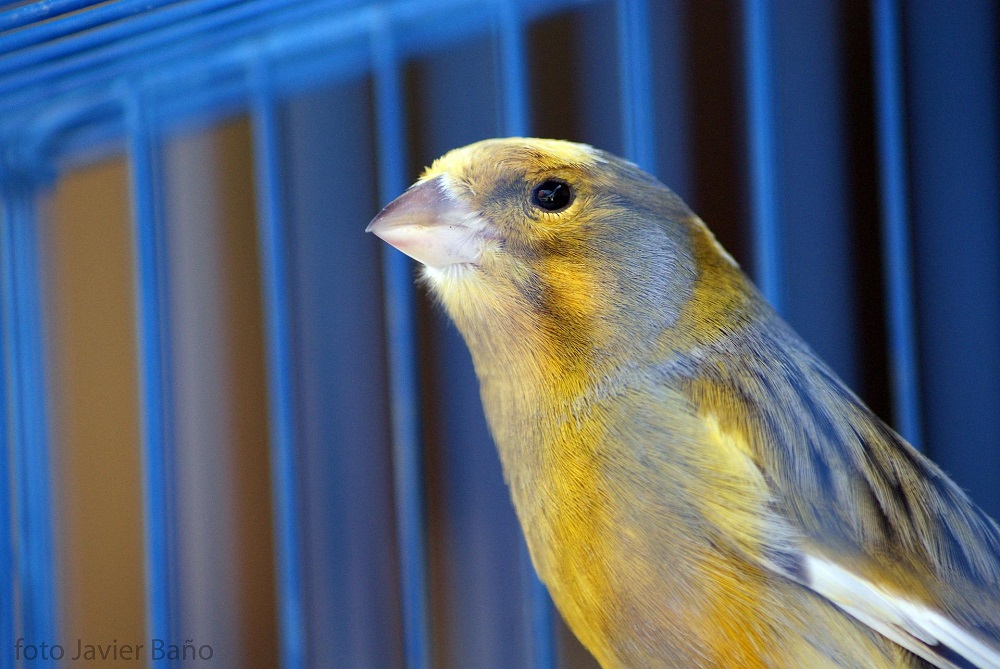
Dim gobaith caneri
Not a canary’s hope. This proverb is drawn from Wales’ mining tradition when canaries would be taken down to mines to be the first to die as a warning of gas. Perhaps after the teller of the first proverb had evicted their tenant. If you’re the canary in the coalmine you have less than a snowball in hell’s chance of survival.
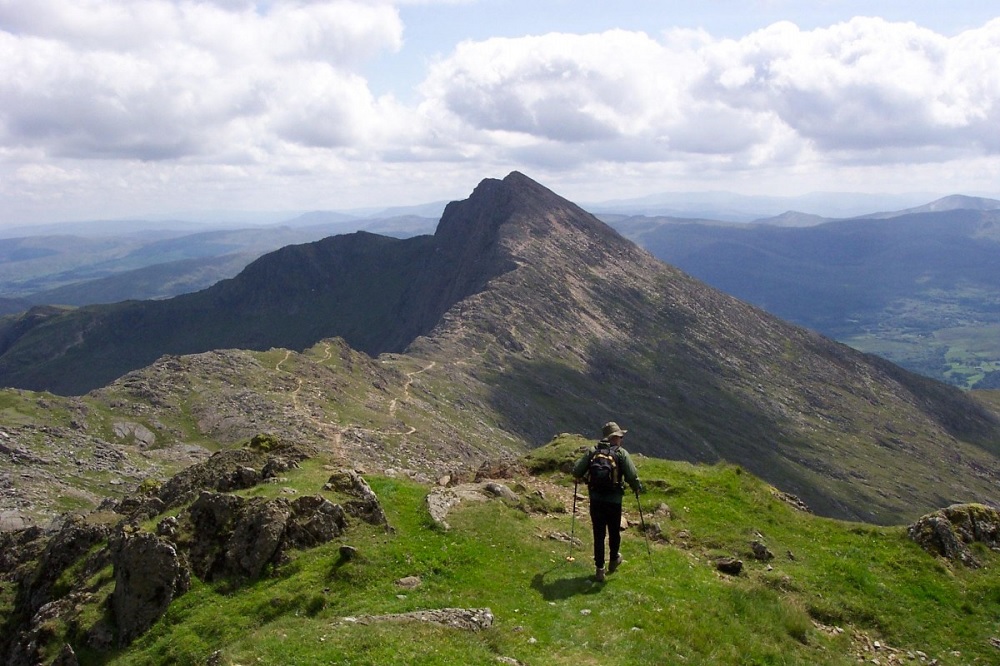
Hawdd yw dweud dacw’r Wyddfa – nid eir drosti ond yn ara’
It’s easy to say ‘there’s Snowdon’ – but it will take you a very long time to climb over it. Easier said than done, essentially.
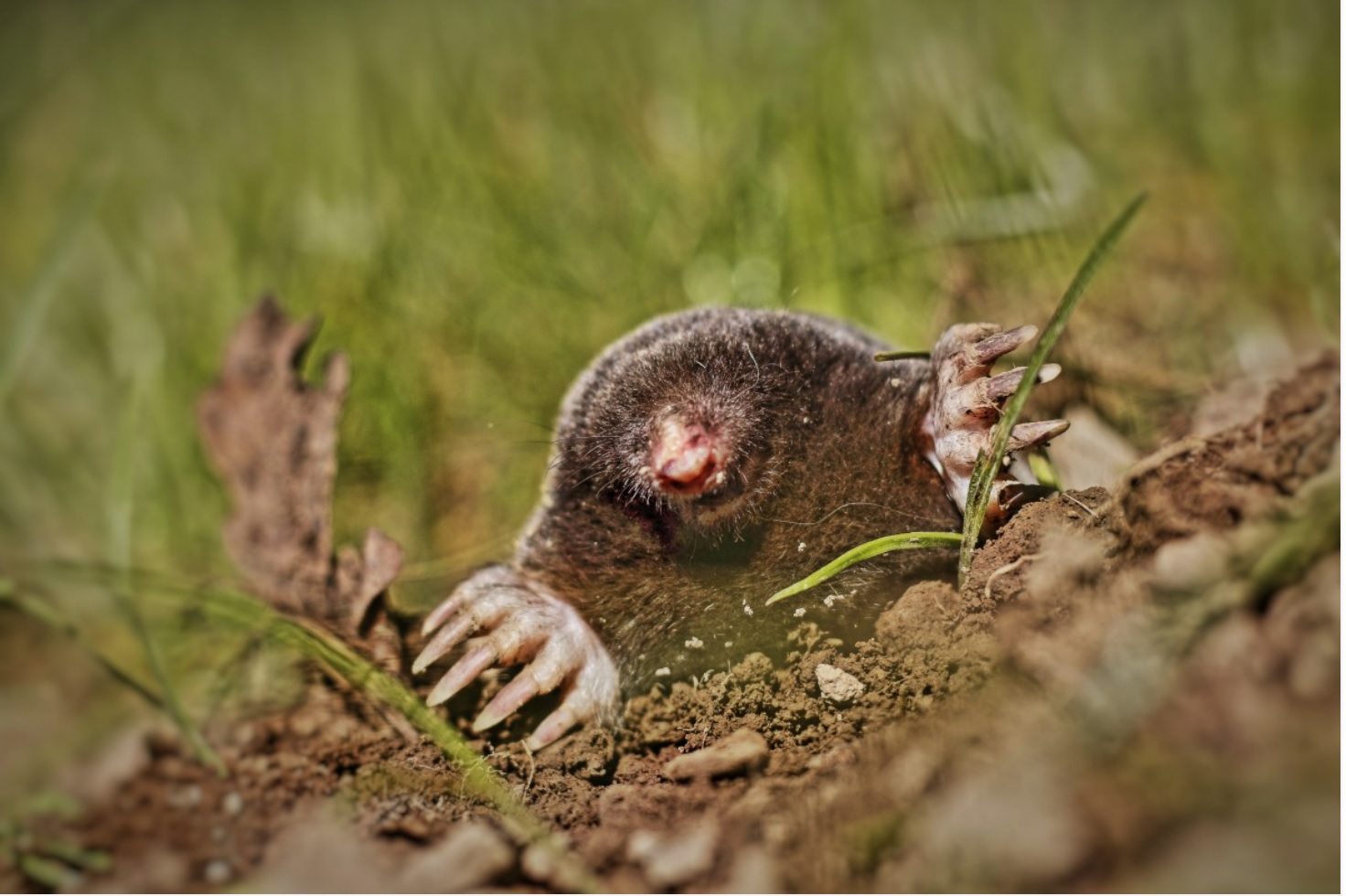
Pridd y wadd sy’n achosi dyn i faglu, nid mynyddoedd
People trip over molehills not mountains. A warning to watch out for the little things in life that will cause you problems, rather than the big things you had been worrying about.
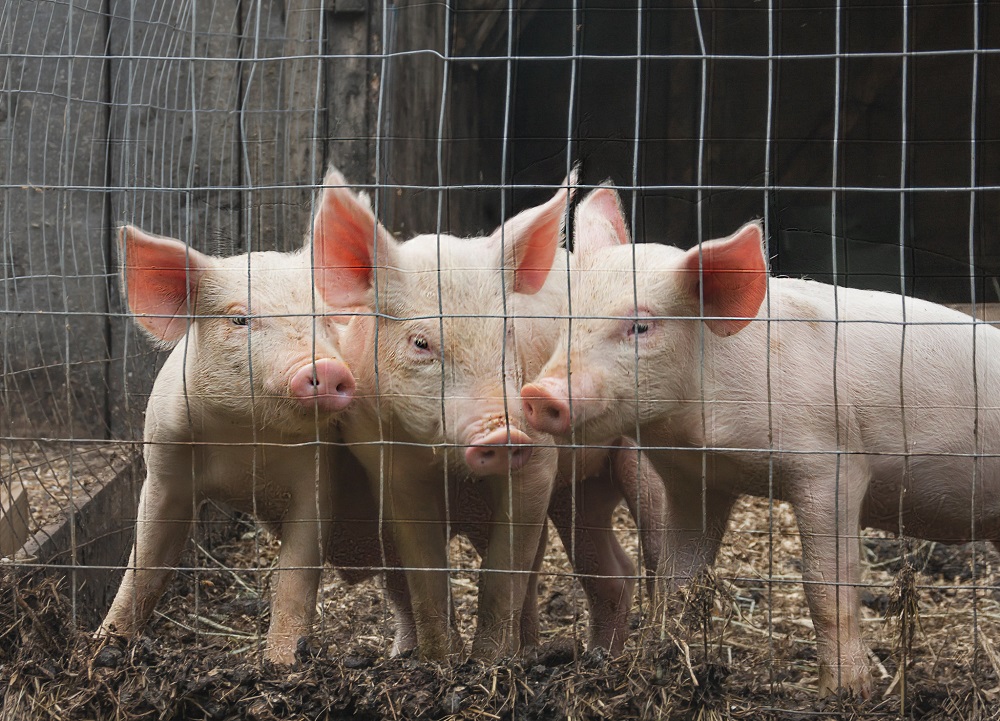
Mae clustiau mawr gan foch bach
A common refrain in our house. Small pigs have big ears. Essentially, don’t speak freely around small children because they’re listening to every word!
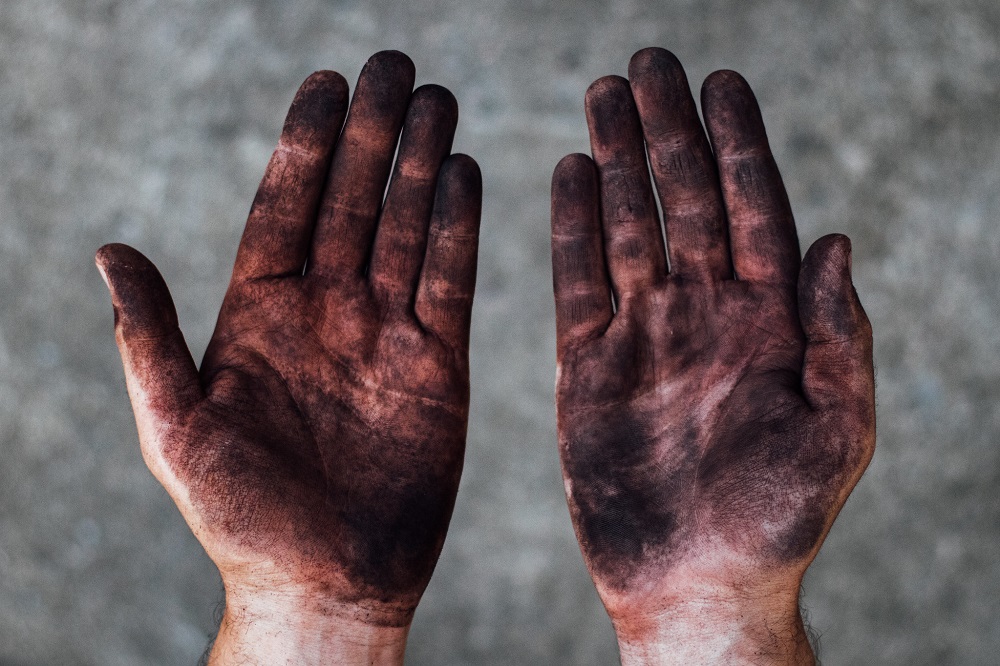
Cos din taeog efe a gach yn dy law
An odd one – Don’t scratch a boor’s arse or he’ll shit in your hand. No, we have no idea either. We’re not sure the ancient druids came up with this one.
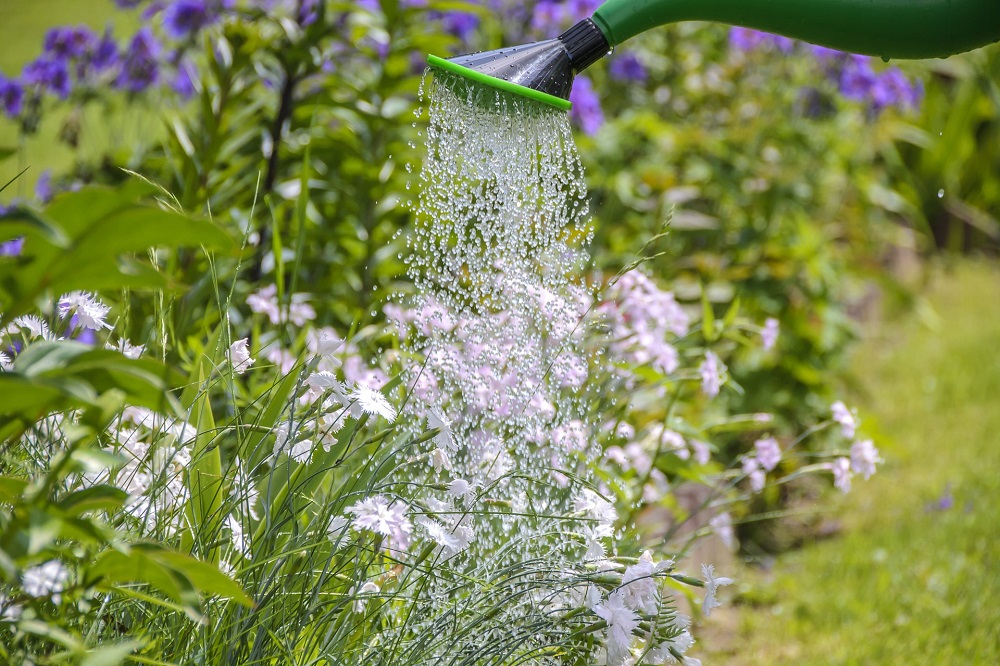
Fedri di ddim dyfrio blodau heb ddyfrio chwyn
You can’t water plants without also watering weeds. Perhaps a handy retort for a politician to use when someone says their policies will benefit the wrong people.
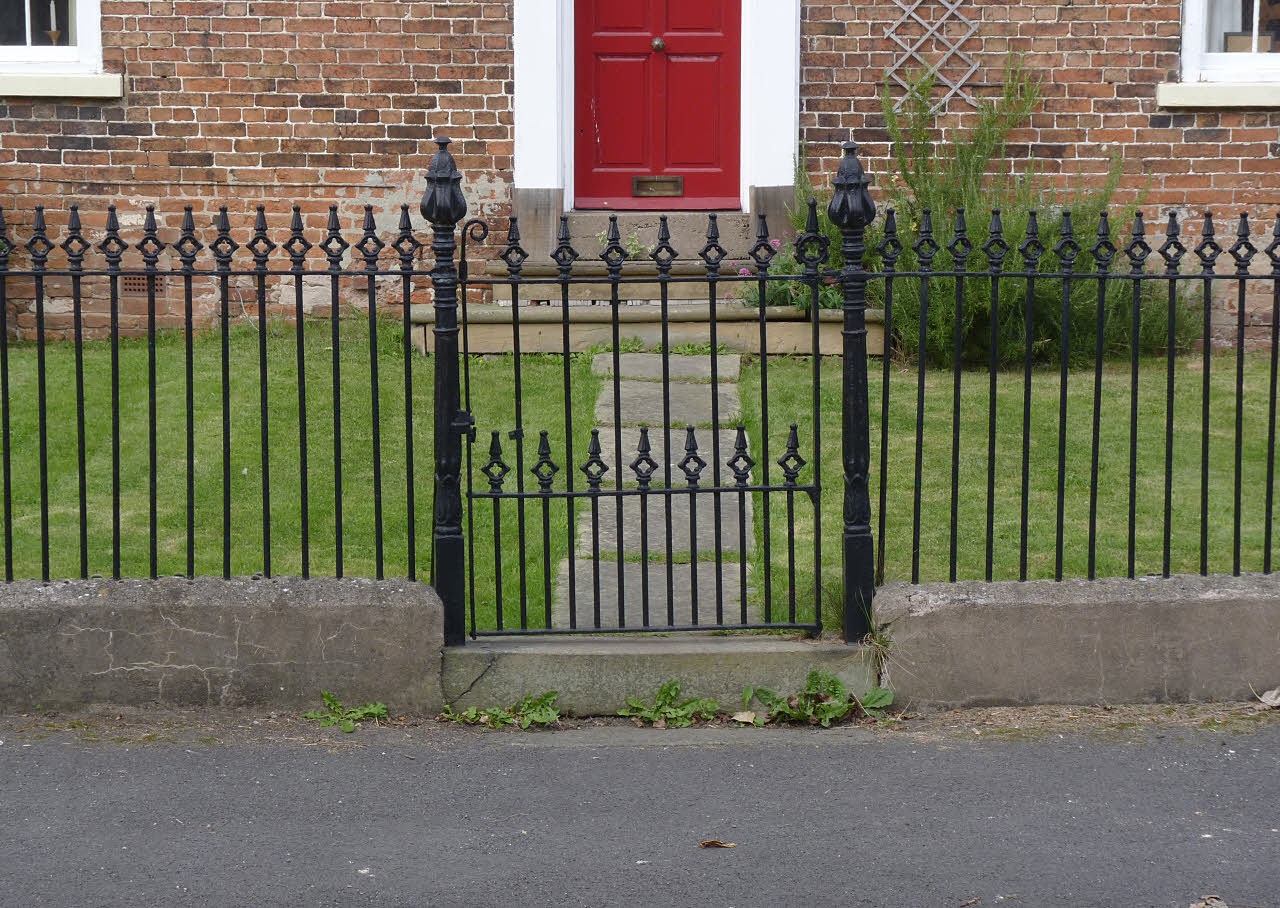
Gwenu fel giat
Smiling from ear to ear. This might also refer to the fact that the gate to one’s own home is very welcoming after a long journey.
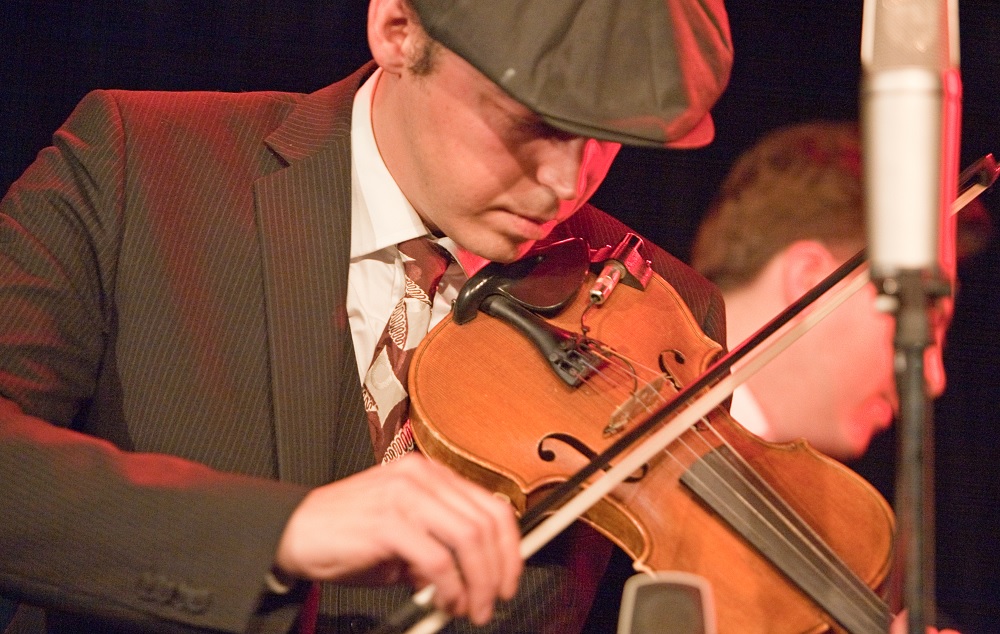
Rhoi’r ffidil yn y to
Putting the fiddle in the roof. This means giving up = to throw in the towel. Presumably fiddles used to be kept in loft spaces, but the thought of someone physically whacking their fiddle into the roof if annoyance is a pleasing one.

I’r pant y rhed y dwr
The water runs into the hollow. Essentially, if someone has something they’re likely to get more of it. Very often used in the political sphere to condemn the billionaire-dominated neoliberal market economy in which we find ourselves.
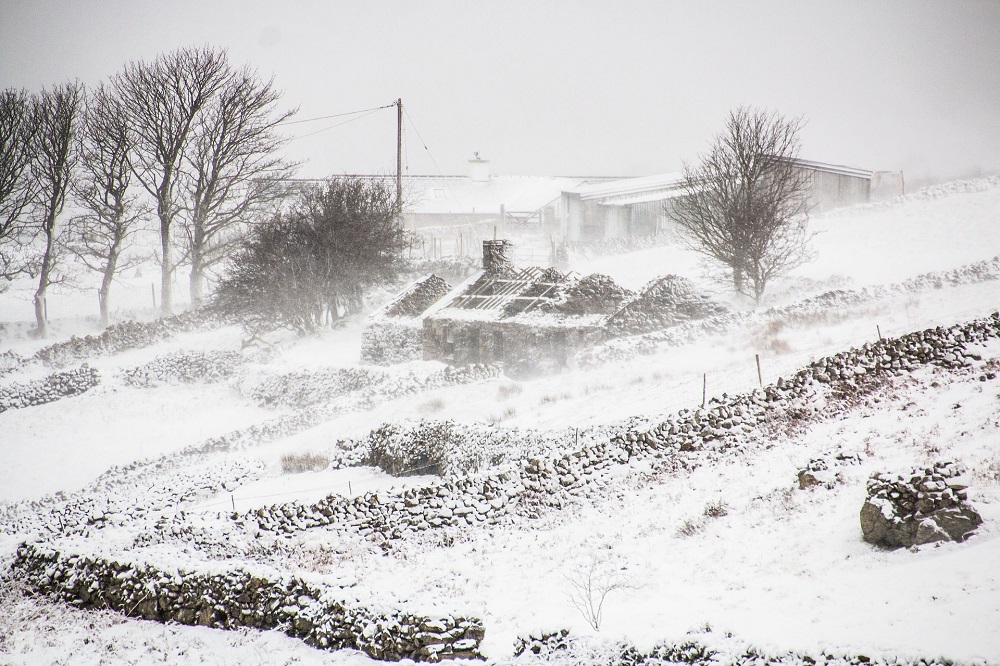
Eira mân, eira mawr
Small snowflakes, big snow. Literally that it’s a lot of small snowflakes that you need to watch out for because they build up qucikly into blizzards. I’m not sure if this is scientifically accurate but it probably also has metaphorical connotations, which is that a lot of small problems can quickly build up into big ones.
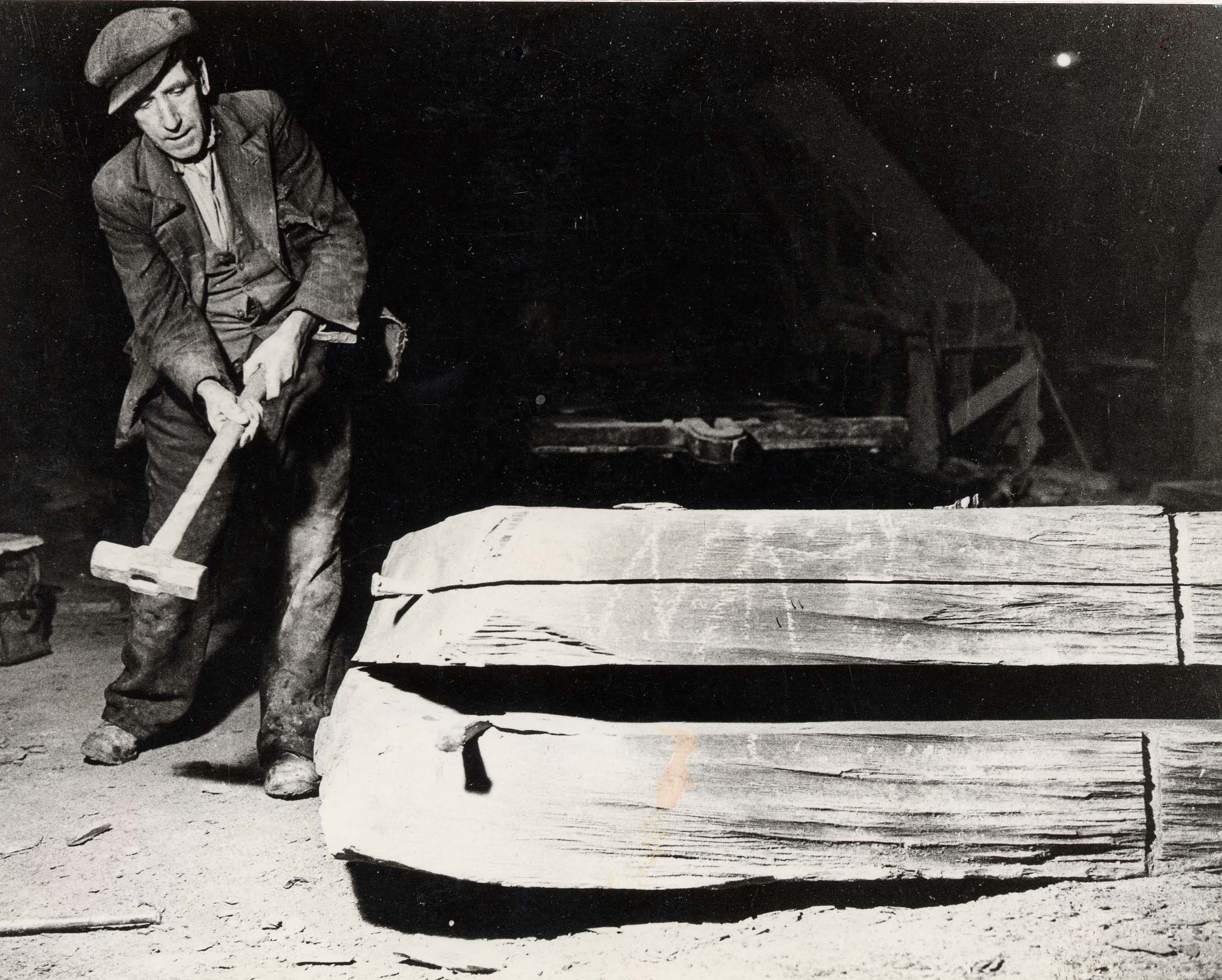
Deuparth gwaith yw i dechrau
Two thirds of work is starting it. This will ring true for the procrastinators in our midsts.
Support our Nation today
For the price of a cup of coffee a month you can help us create an independent, not-for-profit, national news service for the people of Wales, by the people of Wales.






Cos din taeog efe a gach yn dy law. O’r Mabinogion yn wreiddiol dwi’n credu , sef “Craf di’n taeog ac fe gach yn dy ddwrn.
Deuparth gwaith yw ei ddechrau
Arwyddair Ysgol Sir Ffestiniog (‘nawr Ysgol y Moelwyn) yn Blaenau Ffestiniog. Mae’n debyg fod y dihareb yma wedi ei ddefnyddio’n gyson yn y chwareli o gwmpas ‘Stiniog.
The ffidil yn y to refers to a gadget for sowing seeds, not a violin. Ie, it’s put away when the season for sowing is over
Rhoi’r ffidil yn y to. I think it refers to a thatchers tool, it was the shape of a fiddle, and they would put it into the thatch to stop it falling out so they could carry on the next day. So the meaning is to give up without finishing.